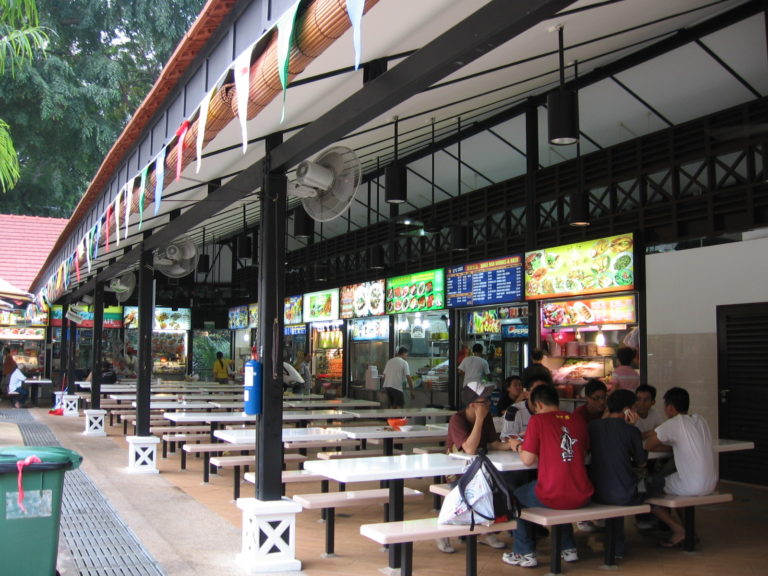This essay negotiates the critical tension between race as an analytic and social construct by examining how race becomes socialized in and through the production and presentation of Arab culture in two ethnographic case studies: how Syrian musicians negotiate musical multiculturalism as they integrate into German society and how independent musicians in Egypt navigate the racialized entanglements of national and international security logics that privilege Western foreigners. Both these case studies center the “foreigner” subject as one who embodies proximity to white power and delimits the boundaries of such power. We argue that the category of foreigner is thus a racialized construct that not only complicates the Black–white binary of race relations but strategically evades explicit discourses and practices of racecraft that are violent, discriminatory, and exclusionary. By provincializing critical race theory through the particularities of Arab lived experience, we illustrate how local social categories are entangled with historic legacies of empire and contemporary global logics of racialized difference while remaining sensitive to how conceptions of difference exceed Euro-American categories of race. Our work therefore directs attention towards alternative enactments of racialization within the Global South.
Keyword: multiculturalism
Multicultural Redemption: Crazy Rich Asians and the Politics of Representation
This essay examines the film Crazy Rich Asians and its surrounding celebratory discourse in order to consider the relationship between multicultural media production and contemporary power dynamics. Crazy Rich Asians has been exalted by the public as a win for diversity, representation, and racial progress. Yet the film is not an anomaly but part of a larger trend in mainstream U.S. television and film that have begun to proliferate shows with “diverse” casts and “progressive” storylines such as Black Panther, Master of None, and To All the Boys I’ve Loved Before, among others. I argue that the contemporary multicultural era has given rise to a common narrative of racial reconciliation, in which inclusion within hierarchy is rendered synonymous with redemption from racial violence. I term this narrative a “multicultural redemption narrative,” and suggest Crazy Rich Asians illuminates how it works. Specifically, this narrative does the discursive and ideological work of constraining the imaginative boundaries of liberation, such that liberation can only be imagined as wielding the very systems of oppression one seeks to escape.
Critical Purchase in Neoliberal Times
‘Critical Purchase in Neoliberal Times’ is an edited conversation with Ien Ang and three members of the Cultural Studies Praxis Collective (CSPC): Miriam Bartha, Bruce Burgett, and Ron Krabill. The transcript of the conversation conducted at the University of Washington was reworked and revised by the interlocutors. The document as a whole surfaces and addresses a series of questions about engaged and community-based forms of cultural studies scholarship; multiculturalism, cosmopolitanism, and media policy; and the future of the transnational field of cultural studies in the context of the neoliberal turn in global higher education.


